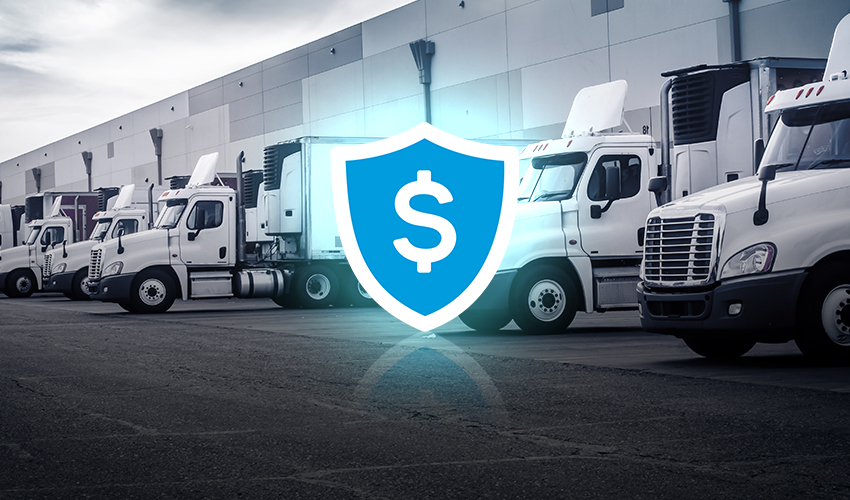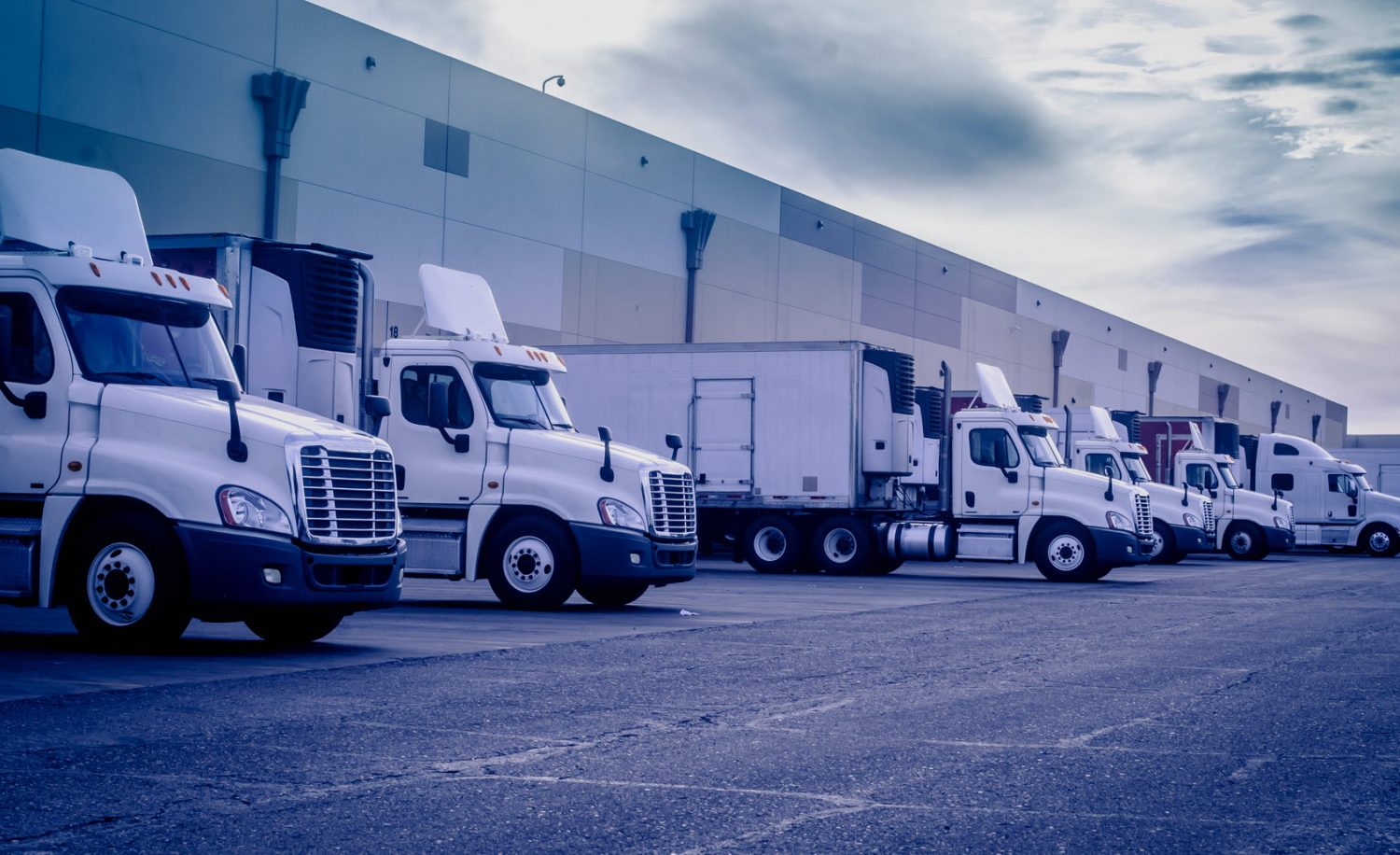Fleet Auto Insurance Solutions for Logistics Companies: Ensuring Comprehensive Coverage
Fleet auto insurance solutions for logistics companies lay the foundation for this informative discussion, shedding light on the specialized insurance needs of fleet vehicles in the logistics sector. As we delve into the intricacies of insurance coverage for logistics companies, a world of unique risks and challenges unfolds, shaping the landscape of fleet auto insurance solutions.
This introduction sets the stage for a deep dive into the various aspects of fleet auto insurance, offering valuable insights and expert guidance for logistics companies navigating the complex realm of insurance.
Introduction to Fleet Auto Insurance Solutions for Logistics Companies

When it comes to logistics companies, managing a fleet of vehicles is a crucial aspect of their operations. From trucks to vans and other commercial vehicles, ensuring the safety and protection of these assets is paramount. This is where fleet auto insurance solutions come into play.
Specialized insurance for fleet vehicles used in logistics is designed to address the unique risks and challenges that these companies face on a daily basis. Whether it's protecting against accidents, theft, or damage to goods in transit, having the right insurance coverage can make all the difference in ensuring smooth operations and financial stability.
Importance of Specialized Insurance for Fleet Vehicles
- Provides coverage for multiple vehicles under one policy, simplifying administration and potentially reducing costs.
- Offers tailored coverage options to address specific risks faced by logistics companies, such as cargo damage or loss during transportation.
- Ensures compliance with regulatory requirements for commercial vehicles, protecting the company from legal risks.
Unique Risks and Challenges Faced by Logistics Companies
- High frequency of vehicle usage increases the likelihood of accidents, making comprehensive insurance essential.
- Goods in transit are exposed to various risks, including theft, damage, and spoilage, requiring specialized coverage.
- Coordination of multiple vehicles and drivers adds complexity to insurance needs, necessitating customized solutions.
Types of Fleet Auto Insurance Coverage
When it comes to fleet auto insurance coverage for logistics companies, there are several types of insurance options to consider. Each type of coverage offers different benefits and protections for your fleet vehicles and drivers.Comprehensive Insurance:Comprehensive insurance provides coverage for damage to your vehicles that is not caused by a collision.
This can include theft, vandalism, natural disasters, and other non-collision related incidents. Comprehensive insurance can be beneficial for logistics companies with valuable fleet vehicles that need protection from a wide range of risks.Liability Insurance:Liability insurance covers the costs associated with bodily injury and property damage that your drivers may cause to others in an accident.
This type of coverage is essential for logistics companies to protect against potential lawsuits and financial liabilities in the event of an accident. Specialized Coverage Options:In addition to comprehensive and liability insurance, there are also specialized coverage options available for logistics companies with fleet vehicles.
This can include coverage for cargo, equipment, and even specific industry-related risks. For example, refrigerated goods transport companies may need specialized coverage for perishable cargo.Overall, logistics companies should carefully consider their specific needs and risks when choosing fleet auto insurance coverage.
By selecting the right combination of insurance options, companies can protect their assets, drivers, and business operations effectively.
Factors Influencing Insurance Premiums

Insurance companies take into account several factors when determining premiums for fleet auto insurance. These factors can significantly impact the costs for logistics companies and influence the overall risk assessment by the insurer.
Size of the Fleet
The size of the fleet plays a crucial role in determining insurance premiums. Larger fleets generally pose a higher risk of accidents and claims, leading to higher premiums. Insurance companies consider the number of vehicles in the fleet, as well as the frequency of vehicle usage when calculating the premiums
Types of Vehicles
The types of vehicles in a fleet also impact insurance costs. Vehicles with a higher value or those used for specialized purposes, such as transporting hazardous materials, are considered riskier to insure. Insurance premiums may vary based on the make and model of the vehicles, their age, and safety features.
Driver Records
The driving records of the drivers within the fleet have a direct impact on insurance premiums. Companies with drivers who have a history of accidents or traffic violations are likely to face higher insurance costs. Insurance companies assess the driving records of individual drivers to determine the level of risk associated with the fleet.
Safety Measures
Implementing effective safety measures can help logistics companies reduce insurance premiums. Insurance companies often offer discounts for fleets that have safety programs in place, such as driver training initiatives, regular vehicle maintenance, and telematics systems. By promoting a culture of safety within the company, logistics firms can lower their insurance costs and minimize risks.
Risk Management Strategies for Logistics Companies

Implementing effective risk management strategies is crucial for logistics companies to minimize insurance claims and ensure smooth operations. By proactively identifying and addressing potential risks, companies can reduce the likelihood of accidents, losses, and costly insurance premiums.
Developing a Risk Management Plan
- Conduct a thorough risk assessment: Identify all potential risks associated with your logistics operations, including driver safety, vehicle maintenance, cargo security, and compliance with regulations.
- Establish clear safety protocols: Implement strict safety protocols and procedures to mitigate risks, such as regular vehicle inspections, driver training programs, and emergency response plans.
- Invest in technology: Utilize advanced telematics systems, GPS tracking, and driver monitoring tools to monitor and manage risks in real-time, improving fleet efficiency and safety.
- Regular training programs: Provide ongoing training for drivers and staff on safe driving practices, defensive driving techniques, and compliance with industry regulations to reduce human error and accidents.
- Review and update your risk management plan regularly: Continuously evaluate and update your risk management plan to address emerging risks, changes in regulations, and industry best practices.
Role of Technology and Safety Protocols
- Utilizing technology: Implementing technologies such as dashcams, collision avoidance systems, and electronic logging devices can help monitor driver behavior, identify risky patterns, and prevent accidents.
- Safety protocols: Enforce strict safety protocols, including regular vehicle maintenance, driver fatigue management, and compliance with hours of service regulations to reduce the likelihood of accidents and insurance claims.
- Compliance with insurance requirements: Ensure that your risk management strategies align with insurance requirements to maintain coverage and minimize financial risks in case of accidents or losses.
Final Conclusion
In conclusion, Fleet auto insurance solutions for logistics companies are a vital component in safeguarding operations and mitigating risks. By understanding the nuances of insurance coverage and implementing effective risk management strategies, logistics companies can ensure comprehensive protection for their fleet vehicles, fostering a secure and resilient business environment.
FAQ Corner
What are the key benefits of fleet auto insurance solutions for logistics companies?
Fleet auto insurance solutions offer tailored coverage to protect fleet vehicles used in logistics operations, providing financial security against unforeseen events such as accidents, theft, or damage.
How can logistics companies lower insurance premiums for their fleet vehicles?
Logistics companies can reduce insurance premiums by implementing risk management practices, maintaining a strong safety record, and leveraging technology to enhance fleet operations efficiency.
What types of specialized coverage options are available for fleet vehicles in logistics?
Specialized coverage options for fleet vehicles in logistics include comprehensive insurance, liability insurance, cargo insurance, and coverage for specific industry-related risks.